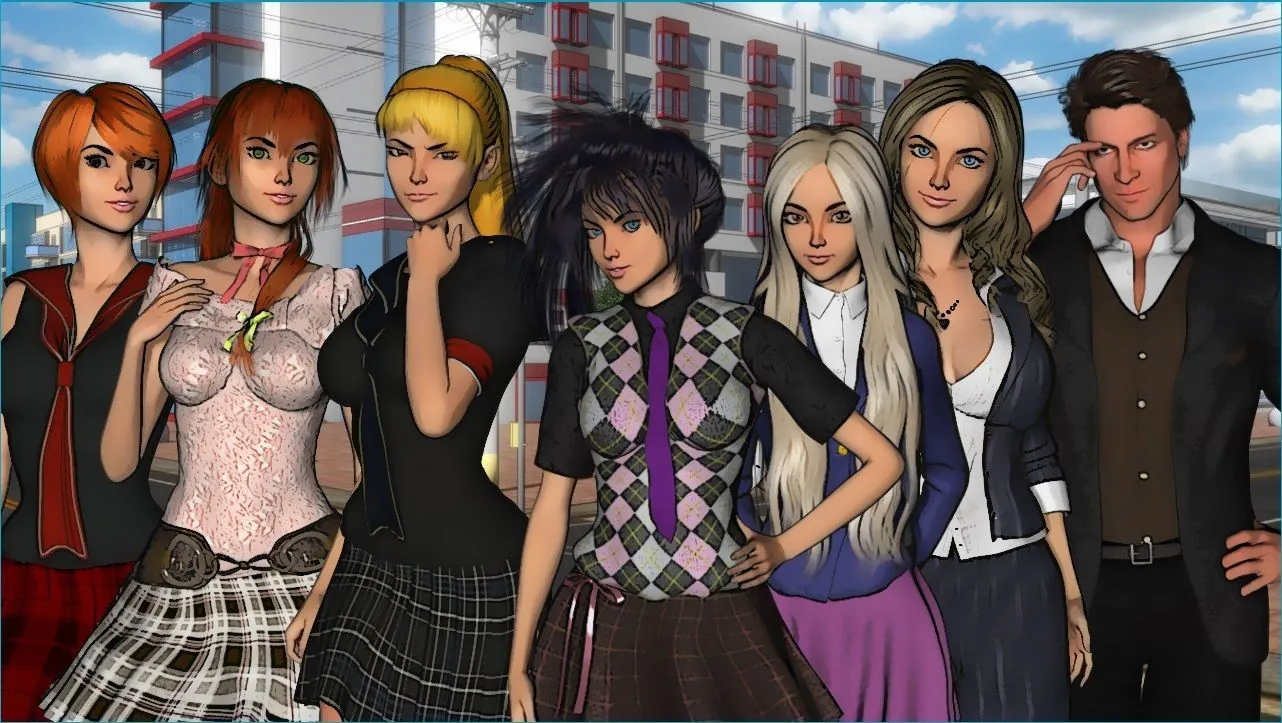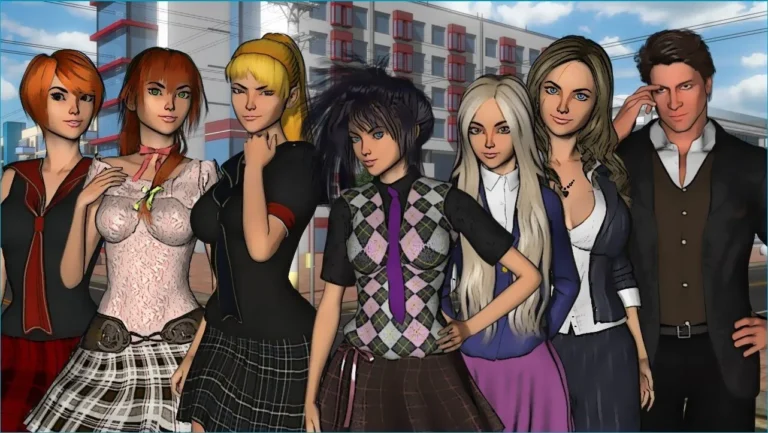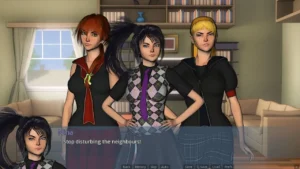
Offcuts
Play Offcuts
Offcuts review
Exploring the mechanics and community impact of this boundary-pushing title
The gaming world continues to push creative boundaries, with titles like Offcuts sparking both curiosity and debate. This deep dive examines the game’s unique approach to adult-themed storytelling through its innovative card-based mechanics and character development systems. We’ll explore how it balances provocative themes with strategic gameplay while maintaining compliance with content guidelines.
Gameplay Architecture and Narrative Design
Card System Mechanics Explained
Picture this: you’re stuck in a grimy subway tunnel, surrounded by flickering lights and the distant rumble of trains. Your only weapons? A deck of cards that’s equal parts chaos and strategy. 🚇 That’s Offcuts’ strategic card mechanics in a nutshell—a system where every move feels like a high-stakes gamble, but with enough brainpower, you can turn the odds in your favor.
The game’s subway-themed gameplay isn’t just set dressing. Cards represent everything from rusty train parts to commuter chaos. For example, the Signal Jammer card lets you delay an opponent’s turn (perfect for mimicking real-life subway delays 😉), while Express Pass skips your own cooldowns. But here’s the kicker: every card’s power scales with how well you manage your in-game “ridership” stats. Lose too many passengers, and even your best cards fizzle out.
What makes the strategic card mechanics shine is the risk-reward balance. Let’s say you play a Track Switch card to reroute an enemy attack. It’s brilliant… until your opponent counters with a Derailment card, forcing you to discard half your hand. 🚨 My first time playing, I got cocky and lost three rounds straight. Lesson learned: this isn’t a game where you can brute-force wins.
| Card Type | Effect | Best Used When |
|---|---|---|
| Signal Jammer | Delays opponent’s next move by 1 turn | Buying time to rebuild your deck |
| Express Pass | Skips your cooldown phase | Chaining attacks for a combo finish |
| Derailment | Forces opponent to discard 3 cards | Enemy has a full hand |
Pro tip: Always keep a Backup Engine card in your deck. It’s saved my hide more times than I’d like to admit when my strategic card mechanics went sideways.
Character Relationship Dynamics
If you’ve ever tried herding cats on a subway platform, you’ll get how Offcuts’ relationship management mechanics work. 🤹 Every character—from the jaded train conductor to the anarchist graffiti artist—has their own agenda. Bond with them, and they’ll lend you unique abilities. Piss them off, and they’ll sabotage your runs.
The character progression system here isn’t about grinding XP. Instead, you’re trading favors. Help the engineer fix broken tracks, and she’ll upgrade your cards. Side with the pickpocket, and he’ll steal resources from rivals. But resources are finite—you can’t please everyone. During my third playthrough, I accidentally burned bridges with two factions by hoarding subway tokens. The result? A lonely endgame where my only “ally” was a feral subway rat. 🐀
Key strategies for nailing relationship management mechanics:
– Invest in 2-3 factions max: Spreading yourself thin is a death sentence.
– Time your favors: Some characters only help during specific phases.
– Betray strategically: Sometimes backstabbing a weak ally nets better rewards than loyalty.
What’s wild is how these relationships alter the subway-themed gameplay. Befriend the station bard, and she’ll boost your ridership stats with impromptu concerts. But ignore the homeless sage, and he’ll hex your deck with “lost ticket” curses. It’s like a twisted version of The Sims meets Mad Max: Fury Road.
Content Moderation Systems
Let’s address the elephant in the subway car: Offcuts is weird. Players can create custom cards with borderline-illegal effects, like forcing opponents to listen to 10-hour accordion loops. 🪗 That’s where the content moderation features come in—a mix of AI filters and old-school human oversight.
First, every custom card undergoes a “vibe check.” The game scans for hate speech, explicit content, or anything that’d make a subway cop blush. If it passes, you’re good. If not, the card gets tossed into the digital void. I tested this by submitting a card called Toxic Waste Dump (don’t ask). Within minutes, it was rejected for “biological hazard references.” 🚫
Second, the content moderation features include optional player blocks. You can mute anyone whose creations annoy you, effectively erasing their cards from your universe. It’s empowering, but also a double-edged sword. One player I interviewed blocked so many people, their game became a ghost town—a cautionary tale about overzealous moderation.
Finally, the age verification process is stricter than a bouncer at a nightclub. 🕶️ To access mature content, you need to upload a selfie while holding a dated code from the game. It’s clunky, but effective—no kids are sneaking into the NSFW zones here.
Why This All Matters
Offcuts isn’t just a game—it’s a social experiment. The strategic card mechanics force you to think three steps ahead, the character progression system rewards cunning over muscle, and the content moderation features keep the chaos from spiraling into toxicity. Whether you’re here for the subway-themed gameplay or the drama of relationship management mechanics, one thing’s clear: this game doesn’t pull punches.
Now, if you’ll excuse me, I’ve got a date with a derailed train and a deck full of spite. See you in the tunnels. 🚇🔥
Offcuts demonstrates how mature themes can integrate with complex gameplay systems when handled thoughtfully. While not suitable for all audiences, its approach to strategic relationship-building and content controls offers lessons for the industry. Players interested in narrative-driven strategy games should evaluate its mechanics against personal preferences before engaging.















